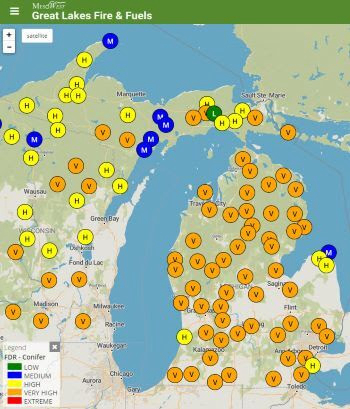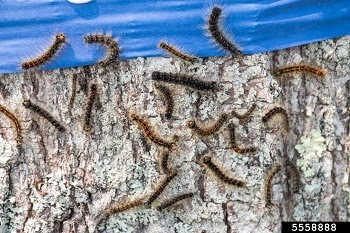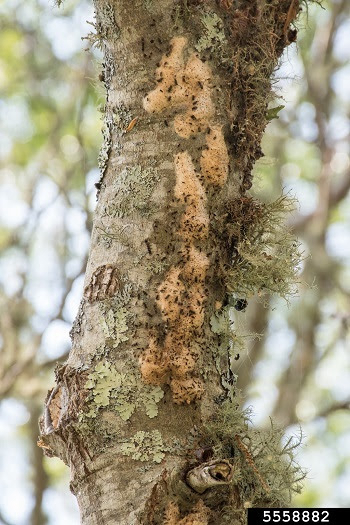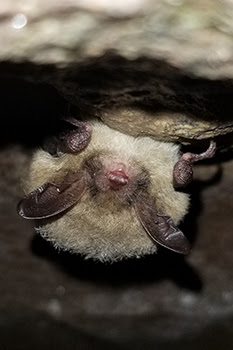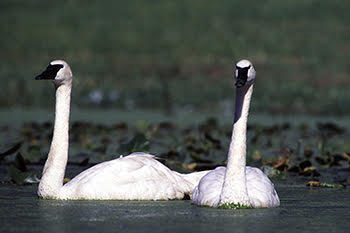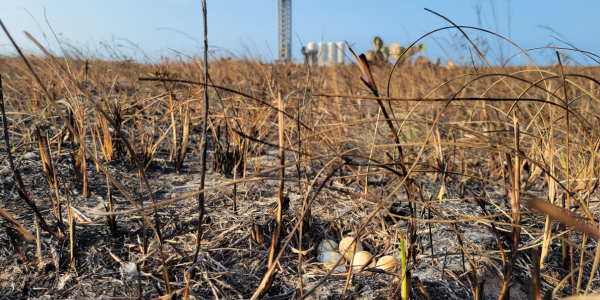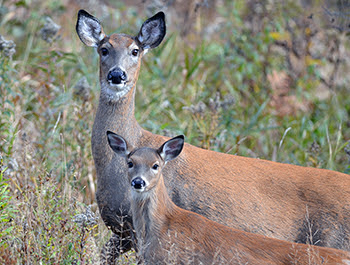More than 500 cold-stunned sea turtles were flown to 12 AZA facilities across the country for critical care and rehabilitation this year.
SPRINGFIELD, MO – As part of a nationwide commitment to conservation, 12 Association of Zoos & Aquariums (AZA) facilities have teamed up this year to rescue and rehabilitate 518 cold-stunned sea turtles off the coast of New England.
Participating in this global effort are some of the nation’s top wildlife conservation and education destinations, including the world-renowned and award-winning Johnny Morris’ Wonders of Wildlife National Museum & Aquarium (WOW), New England Aquarium, Audubon Aquarium of the Americas, Florida Aquarium, Georgia Aquarium, Mote Marine Laboratory and Aquarium, Mystic Aquarium, National Aquarium, North Carolina Aquarium at Pine Knoll Shores, SEA LIFE Grapevine Aquarium, SeaWorld Orlando, and South Carolina Aquarium.
In the last decade, more than 10,000 sea turtles have required rescue along the U.S. Atlantic Coast due to cold-stunning. This life-threatening condition occurs when water temperatures rapidly decline, and sea turtles are unable to move to warmer waters or fend for themselves. Like all reptiles, sea turtles are ectothermic (cold-blooded) and cannot regulate their body temperature. If water temperatures drop below approximately 50 degrees Fahrenheit (10 degrees Celsius), sea turtles become lethargic and are unable to swim, forage for food and defend themselves from predators. The number of cold-stunned sea turtles varies from year to year based on migratory habits and the severity of winter storm conditions in the area. This season, more than 1,000 turtles washed ashore, making it the third-largest cold-stunning event on record out of the Northeastern United States.
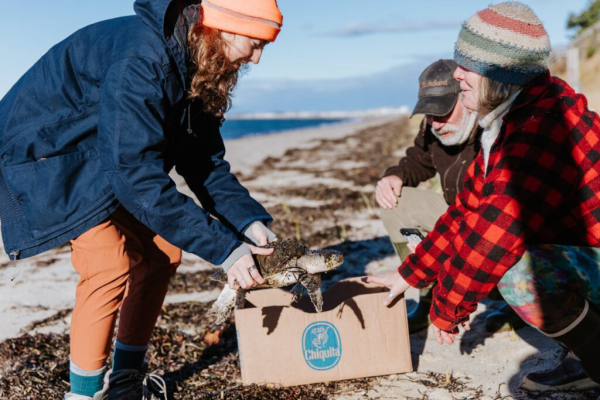
Cold-stunned sea turtles being rescued off the beaches of Cape Cod. Photo Courtesy to Andrew Spence.
The National Oceanic and Atmospheric Administration (NOAA) and U.S. Fish and Wildlife Service are two key governmental agencies dedicated to conserving and managing marine ecosystems. These organizations oversee sea turtle rescue efforts and facilitate transport from the beaches to the New England Aquarium’s Sea Turtle Hospital, where the turtles receive initial assessments and urgent care year after year. As the hospitals fill up, the nonprofit group Turtles Fly Too then helps transport many of the animals across the country to AZA-accredited institutions.
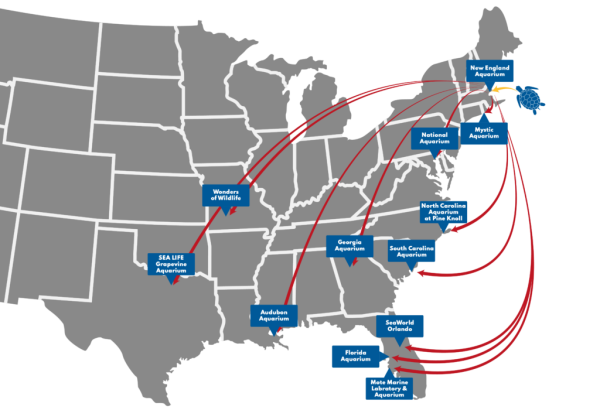
Turtles Fly Too helps transport sea turtles from the New England Aquarium to other AZA facilities nationwide for rehabilition.
Read more


